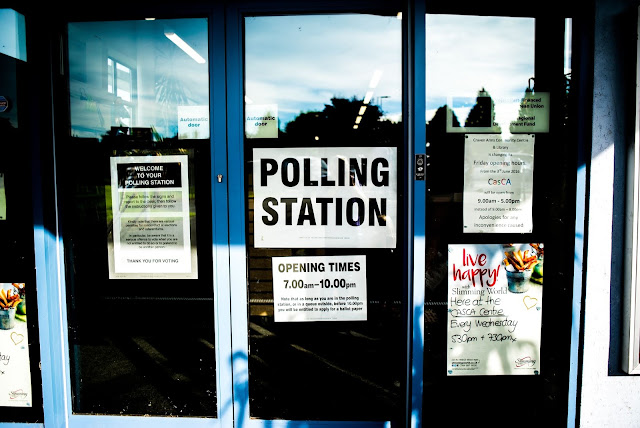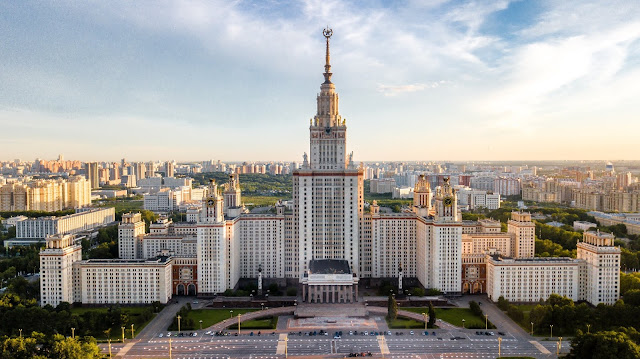The Ethics of True Stories in Cinema
Niamh Brook - Writer It’s no question. Audiences love a biopic. We are able to learn with minimal effort in a concise amount of hours. A history lesson for the lazy. A formula is beginning to form in Hollywood (Hollywood making using a formula to make money? I know. What a shock.) A current well known actor playing rock stars or actors who thrived in the past 30 years. Throw in a feel good soundtrack and you’ve got yourself a hit. However, we are not only plagued with the glam rock of the 80’s, period pieces are key in the biopic armada. We’ve seen our fair share in the past year (and a bit) such as, Bohemian Rhapsody, Rocketman, Tolkien, Extremely Wicked, Shockingly Evil and Vile. Each of these films were received from both critics and audiences in a manner of different ways. Tolkein, for example, grossed $7,776,413 worldwide out of an estimated $20,000,000. Where as Bohemian Rhapsody grossed $903,655,259 with a $52,000,000 budget and also nabbed four oscar whilst it was at it. T...






